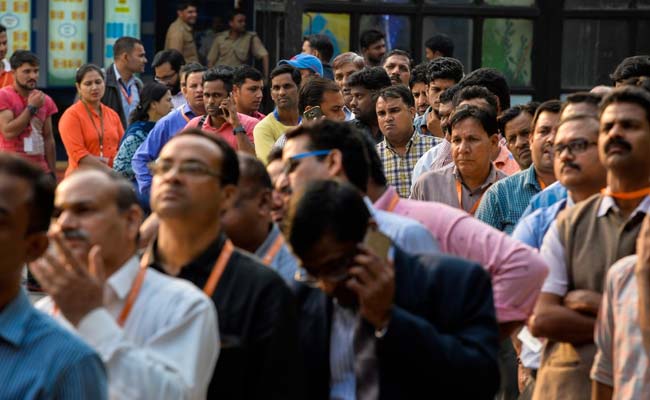
Privacy is a fundamental right guaranteed by the constitution, nine Supreme Court judges said today in a unanimous verdict that will affect every citizen. The judges said privacy comes under the Right To Life and Liberty, overruling the governments arguments. Petitioners had challenged the government's Aadhaar biometric programme, which has recorded the fingerprints and iris scans of more than one billion Indians.
Here are 10 ways today's judgement on right to privacy impacts citizens:
Right to privacy is one of the most ingrained rights of every citizen, the judges have said, overruling two previous Supreme Court judgements and the government's arguments. The judges also acknowledged there must be restrictions within reason on individual privacy.
The court said the right to privacy emerges primarily from the guarantee of life and personal liberty; elements of privacy also arise from freedom and dignity guaranteed by the fundamental rights.
It is a watershed moment, said Sajan Poovayya, a petitioner in the case. "Whatever the state decides will be checked and tested on that basis. The powers of the state are curtailed to some extent," he told NDTV.
Rejecting the government's stand, the court said that the "refrain that the poor need no rights is used through history to violate rights."
Udayaditya Banerjee, one of the lawyers who fought for the petitioners, said: "The judgement has stated the obvious, that we have a fundamental right to privacy." Mr Banerjee said the petitioners were worried that the Aadhar scheme, which requires people to share their details including biometric data, held the potential of a "surveillance state".
Today's judgement says nothing on the impact on the Aadhaar scheme, which is being heard by a smaller bench. "The verdict will help us in the Aadhaar case," said Mr Banerjee.
According to another petitioner, R Chandrasekhar, citizens will be protected against the misuse of information.
The order is likely to have a bearing on several other cases, including one challenging Facebook's access to details of Indian WhatsApp users as a violation of privacy.
A verdict restoring a ban on gay sex can be challenged after the court today said privacy is protected as an intrinsic part of the right to life and personal liberty.
The privacy ruling may affect the DNA Based Technology Bill 2017 to allow the government to set up a DNA databank and use data for forensic purposes,which has raised concerns about privacy.

